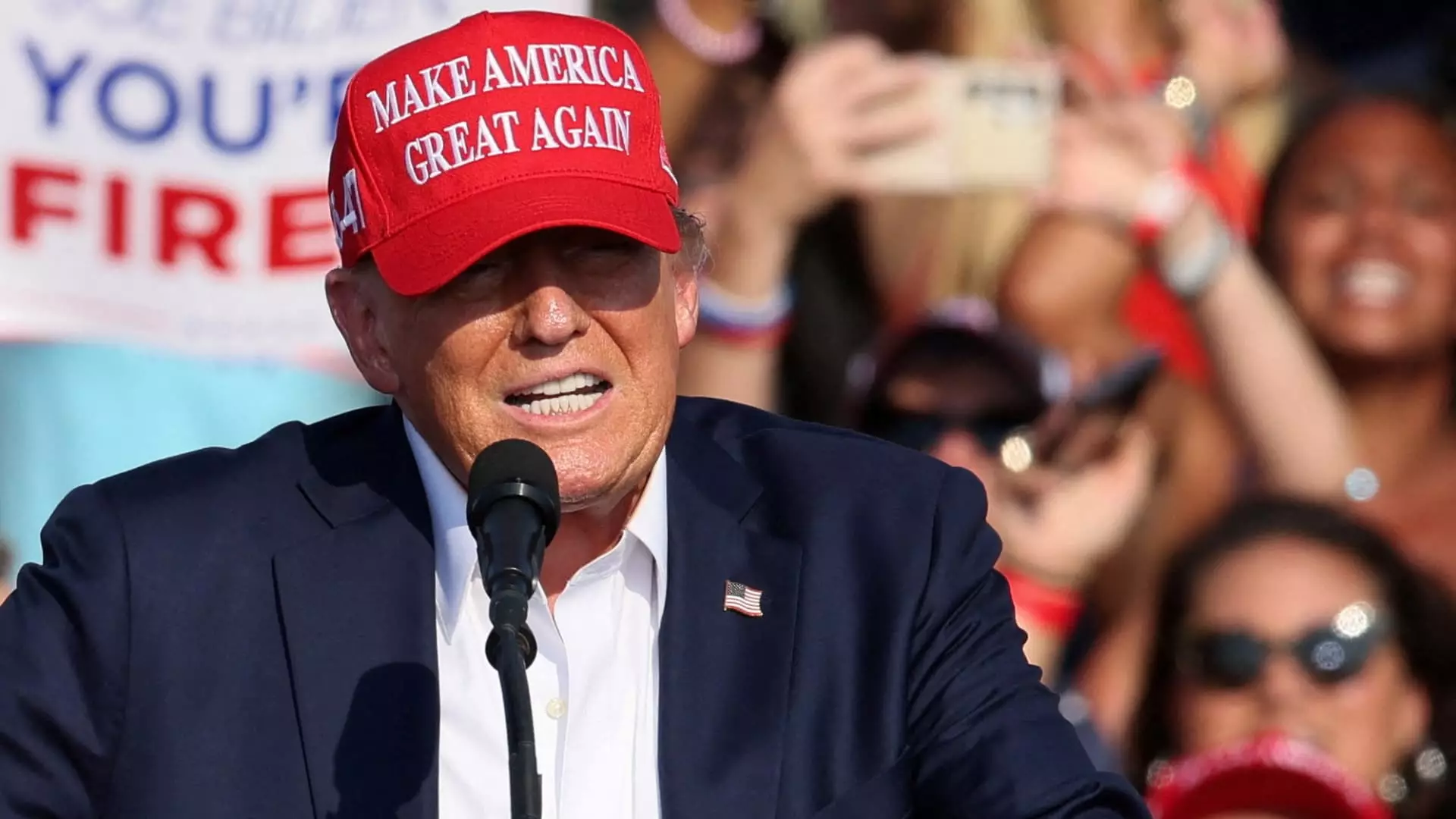Former U.S. President Donald Trump recently made headlines with his comments regarding Taiwan’s contributions to the United States. He suggested that Taiwan should pay for U.S. defense, citing that the country “doesn’t give us anything.” This controversial statement has sparked debate and raised questions about the relationship between the two nations.
Trump’s comments were seemingly tied to Taiwan’s semiconductor industry, known for its advanced technology and innovation. Taiwan is a major player in semiconductor manufacturing, with companies like Taiwan Semiconductor Manufacturing Co. (TSMC) leading the way. The country is expected to account for a significant portion of the world’s most advanced chips this year, highlighting its importance in the global tech industry.
The issue of Taiwan’s defense has become even more critical in light of China’s claims over the island. Chinese President Xi Jinping has stated that reunification with Taiwan is a “historical inevitability,” raising concerns about a potential Chinese invasion. The concentration of chip manufacturing in Taiwan has also added to these worries, with experts warning about the impact of a Chinese attack on the island.
In response to these concerns, the Biden administration has been working to incentivize companies like TSMC and Samsung to expand their chip production facilities in the U.S. This initiative aims to reduce America’s dependence on foreign semiconductor manufacturers, particularly those in Taiwan. By bringing chip manufacturing back to its shores, the U.S. hopes to strengthen its national security and economic resilience.
The debate surrounding Taiwan’s defense and contributions to the U.S. is complex and multifaceted. While Trump’s comments have stirred controversy, they have also shed light on the strategic importance of Taiwan’s semiconductor industry and the need to address concerns about Chinese aggression. As tensions continue to simmer in the region, it remains to be seen how the U.S. and its allies will navigate the challenges posed by China’s territorial ambitions and the shifting dynamics of the global tech industry.



Leave a Reply